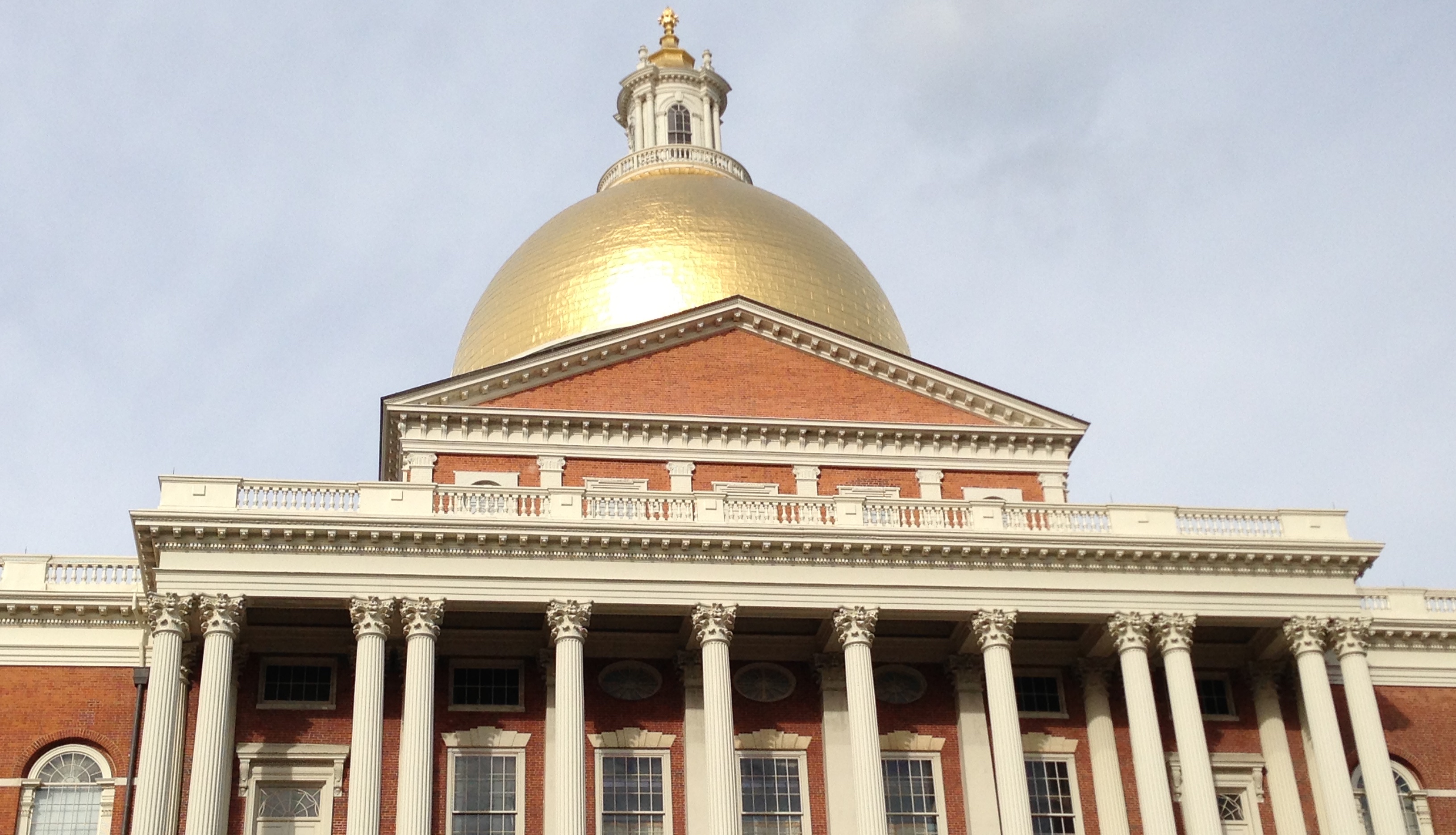MetroWest Daily News
Frustrated by a pair of Mass Pike electric vehicle charger stations that have been inoperable for more than a year, two state senators pressed Transportation Secretary Jamey Tesler to fix the problem by next month and make clear how the administration will expand EV infrastructure.
Senate Majority Leader Cynthia Creem and Sen. Michael Barrett, who co-chairs the Telecommunications, Utilities and Energy Committee, wrote to Tesler this week voicing “disappointment” that vehicle charging stations at I-90 rest stops have been broken for a year-plus.


